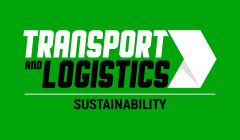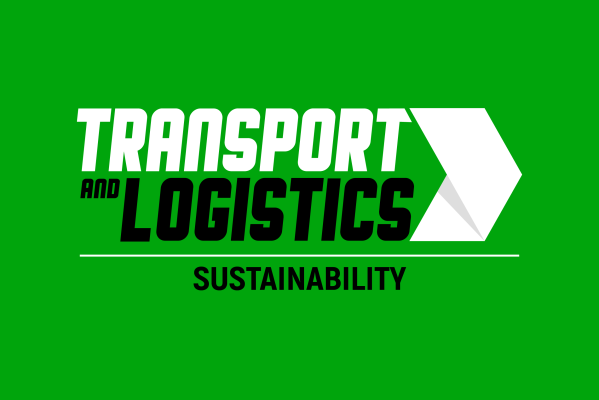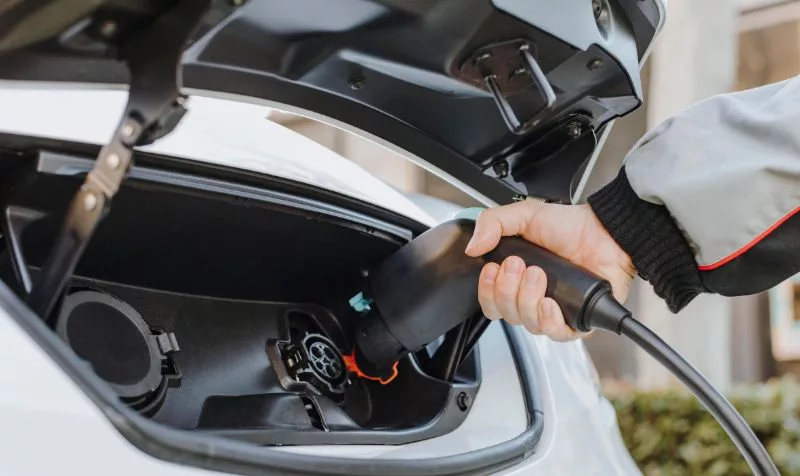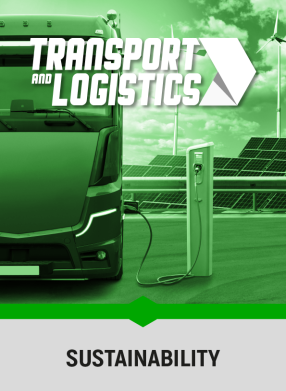Two thirds of van fleet managers have revealed that less than 20% of their van fleets have been electrified, according to research released this week by business mobility experts Alphabet. The report looked at small and medium sized business running fleets of cars and vans. It found that van fleets were lagging behind car fleets in making the transition.
Two thirds (66%) of van fleet mangers reported that less than 20% of their van fleets have been electrified. In comparison, 58% of car fleet managers said that less than 20% of cars in their fleet were currently electrified. The research revealed that that 79% of fleet decision-makers agreed that there are more EVs on the market to suit their needs now. However, despite this, most businesses with smaller fleets are still in the early stages of making the switch.
Small and medium fleets are struggling to seize the opportunity to transition their fleets to electric-powered vehicles, according to the report’s findings, with 45% of fleet managers citing a lack of time or expertise needed to take the necessary first steps.
However pressure is building to make the move with 79% of small and medium fleet managers acknowledging that their company’s net zero targets play a key strategic role. Employee perception and motivation is also becoming more of a driving factor, with three out of four respondents (76%) noticing an increase in the number of staff wanting to reduce emissions and drive EVs over the last two years.
According to Alphabet’s research, the biggest barrier to EV adoption for smaller fleets is not reluctance, but time and knowledge. Of those businesses that are yet to introduce EVs into their fleet, 28% said that whilst it is something they’re looking to do, they haven’t had the time. While 17% revealed it is a lack of expertise that is holding them back.
The report advises that managers who lack the necessary expertise or resource seek support and lean on the knowledge of leasing providers to help understand the latest developments.
Mark Sturgess, SME sales manager at Alphabet GB said: “Businesses with smaller fleets rarely have the benefit of a full-time fleet manager and instead, fleet management is typically part of a much bigger HR, finance or general management role.
“As a result, the time available to dedicate to reviewing and addressing evolving external factors and fleet requirements is often limited and can be a stretch on existing roles within the business.
“With the acceleration towards electric, it’s not surprising those responsible for these fleets are struggling to find the time and resources to manage their fleet responsibilities on top of their busy day jobs; particularly with ongoing EV developments and changes in legislation shaping the face of mobility.
“Electrification does not have to be a big, instantaneous change. In fact, taking smaller, more manageable steps towards this will make the progression easier.
“A great place to start with targeting those yet to embrace EVs can be grouping employees into levels of difficulty to transition, by identifying those who can charge at home and those who can’t, and working from there.
“Additional fleet management assistance can come from fleet providers to ease the burden that managing these responsibilities adds to their day-to-day operations.
“Support from suppliers, as well as industry bodies, will be vital in helping these managers seize the EV opportunity and ensuring their fleet continues to evolve to meet future requirements.”
Transport and Logistics Magazine | The Home of Transport Industry News












